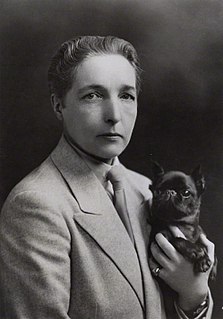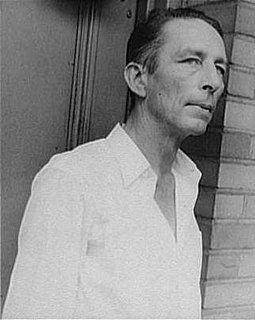A Quote by Sergei Dovlatov
Sales were lukewarm. Back home there was no freedom, but there were readers. Here there was freedom enough, but readers were missing.
Related Quotes
Especially with a magazine like Lampoon, which was very dependent on newsstand sales. Our readers didn't usually occupy the same address long enough to get a subscription, because they were in college, or they were hippies. So it was very up-and-down, and we had to calculate how many to print, which was always sort of a headache from a business point of view.
When you write about faith, people will be upset with you no matter what. I've heard from readers who were disgusted with the depiction of monotheistic religion. I've also heard from readers who were upset because my portrayal of faith did not adhere to their specific doctrines. Fortunately, I have high risk tolerance.
The thing to remember about the Declaration of Independence and the profession of freedom is that it was written by people who were quite free and who were surrounded by people who were not free. The people who wrote the Declaration of Independence were ventriloquists really. The obsession with freedom makes no sense when it applies to them.
There were many books in my parents' home. I'm from a family of five children and we were all readers. And so by the time I left home, I had already read many books, and I was very interested in reading more. That was when I started to have the desire to write. But it wasn't like a divine apparition with angels and seraphins on high. Not for me, at least.
The ear is the only true writer and the only true reader. I know people who read without hearing the sentence sounds and they were the fastest readers. Eye readers we call them. They get the meaning by glances. But they are bad readers because they miss the best part of what a good writer puts into his work.
The funny thing is, nationalism only could have come about in Europe after the invention of printing. You could have this thing that was a book in a vernacular language, and you could imagine there were other readers of this book who you couldn't see, but they were a theoretical union of readers who all use the same language. That is kind of a prerequisite for a national fantasy. You need that thing, and it's a strange thing.

































